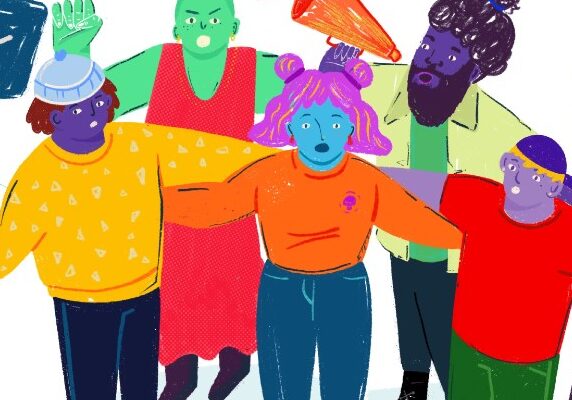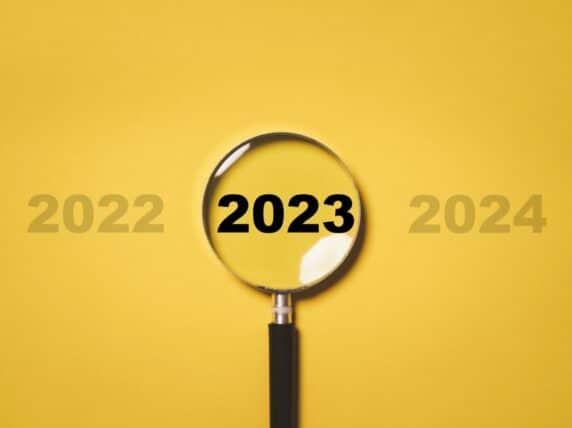Tackling tools of torture
The trade in torture tools is out of control. Now civil society organisations are campaigning for a torture-free trade treaty – and they need your support.
Torture is when severe mental or physical pain or suffering is intentionally inflicted on someone for a specific purpose by a person in an official capacity. It happens all around the world, in lots of different settings. People are subjected to torture and other cruel, inhuman or degrading treatment or punishment (referred to as ‘ill-treatment’) at protests, in detention and in lots of other situations.
The Omega Research Foundation – a small charity based in Manchester – is part of a global effort to stop these human rights violations.
We know that acts of torture can be committed in many ways, using any number of everyday items. It is often the case, however, that people are tortured with specialist equipment. Sometimes, this is normal law enforcement equipment (such as standard handcuffs) that is misused to cause mental or physical injury. Other times, people use weapons and equipment that are specifically designed to cause pain and suffering (such as batons studded with metal spikes).
Some equipment might have a legitimate law enforcement use in a particular situation when it is used in a human rights-compliant manner but is not appropriate for use in other settings. Pepper spray, for example, can have a legitimate law enforcement use but it turns into a tool of torture if it is used in places with insufficient ventilation or where people cannot easily escape.
Similarly, while standard handcuffs might have a vital role to play in preventing a person harming themselves or others, they should never be used on people in labour, to place people in dangerous and harmful stress positions or in conjunction with other force. Some weapons and equipment (such as spiked batons and thumbcuffs) have no legitimate security or law enforcement purpose that cannot be achieved through less harmful means (in these examples, standard batons and standard handcuffs could be used instead).
Then some types of weapons and equipment are inherently dangerous or inaccurate, and cannot be used in a manner that does not cause harm or ill-treatment. This includes whips and body-worn electric shock equipment, such as stun belts and stun cuffs.
Join the Small NGOs working group!
Bond’s Small NGOs working group is a space to develop links within the small NGO network, to share ideas, resources and good practice, and to provide peer support.
Join the groupWorking to prevent torture
At the Omega Research Foundation we are working to prevent torture and other ill-treatment by stopping the use and misuse of specialist weapons and equipment to cause harm. We examine all aspects leading to this use: what weapons and equipment are made by which companies and where are these companies based? Are these weapons and equipment sold and traded nationally or internationally? Are there regulations on this trade? Once traded, where do these weapons and equipment go? How are the weapons and equipment selected for use? Are the people issued with weapons and equipment trained in their use? How and where are weapons and equipment used?
We work to unpick all of these interlocking questions around the use, manufacture and trade in goods used for torture in order to prevent torture in the future. Our research is used to help develop standards on the manufacture and use of this equipment, hold governments to account for transfers they authorise, educate policymakers, journalists and human rights monitors, and provide redress for torture survivors.
The trade in tools of torture is out of control
For over two decades, we have been using Omega’s research to inform our calls for controls on the manufacture, trade and use of goods used for torture.
An important part of our current work is around the need for international regulations on the trade. At present there are no human rights-based international regulations on the trade in goods used for torture and other ill-treatment.
The European Union has trade controls on some types of law enforcement weapons and equipment, and the UK and some other countries have national-level controls on this type of trade, too. The need for further international controls has been recognised by bodies including the European Union, United Nations, Council of Europe and the African Commission for Human and Peoples’ Rights.
More than 60 states, including the UK, are members of the Alliance for Torture-Free Trade, and as such are committed to controlling and restricting the trade in goods used for torture. Advocacy has also led to UN-level discussions exploring the potential development of international trade controls on law enforcement equipment to prevent its use in torture and other ill-treatment.
Civil society organisations from around the world are calling for a legally-binding torture-free trade treaty. In January 2023, Omega, Amnesty International, REDRESS, Freedom from Torture and over 30 organisations signed the Shoreditch Declaration, calling for an international treaty to address the trade in tools of torture.
The declaration is still open for civil society to sign, and we encourage NGOs from across the sector to join us in the campaign for a torture-free trade treaty.
To learn more, get in touch or visit our website.
Category
News & ViewsSectors
Campaigning



